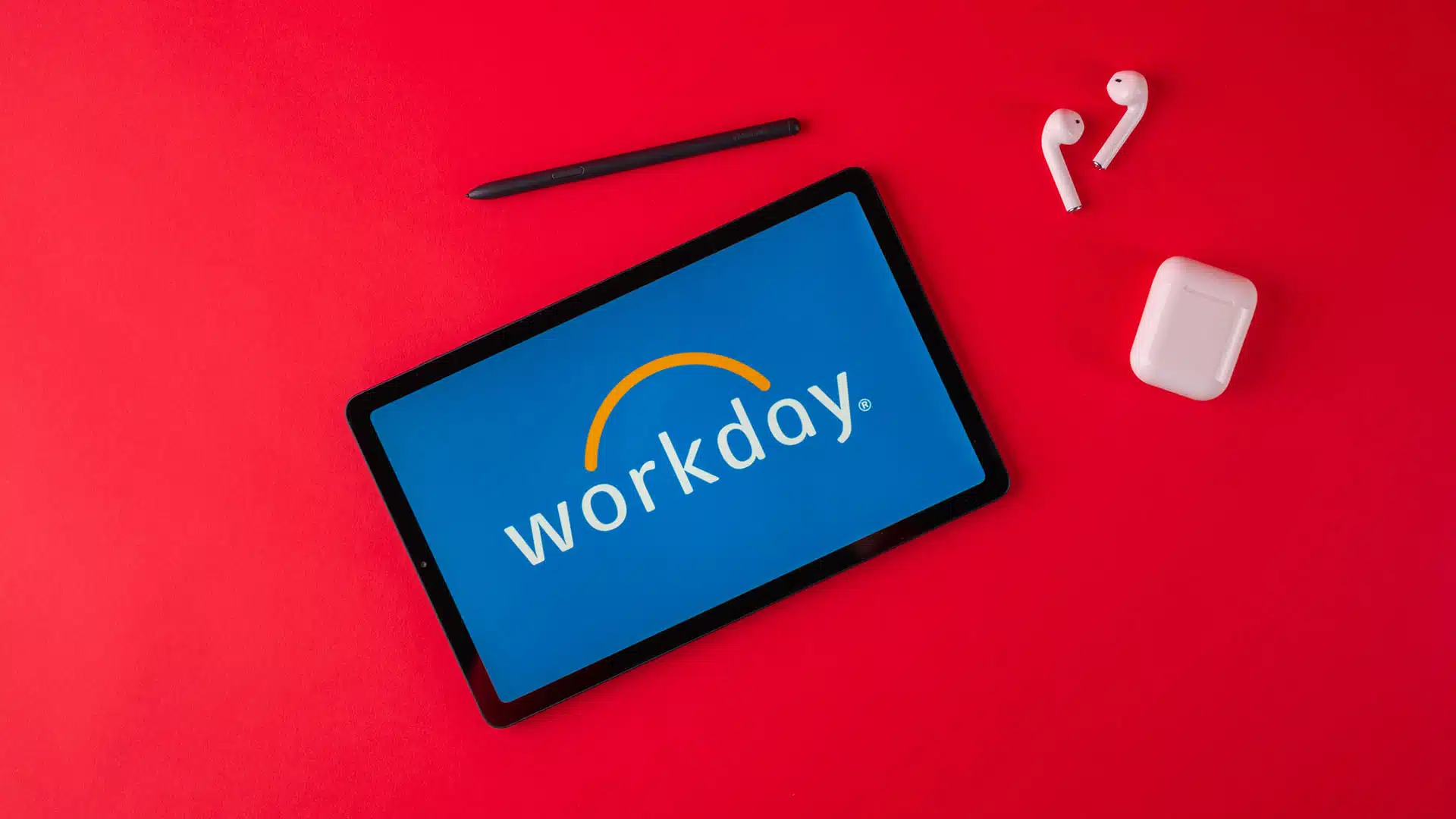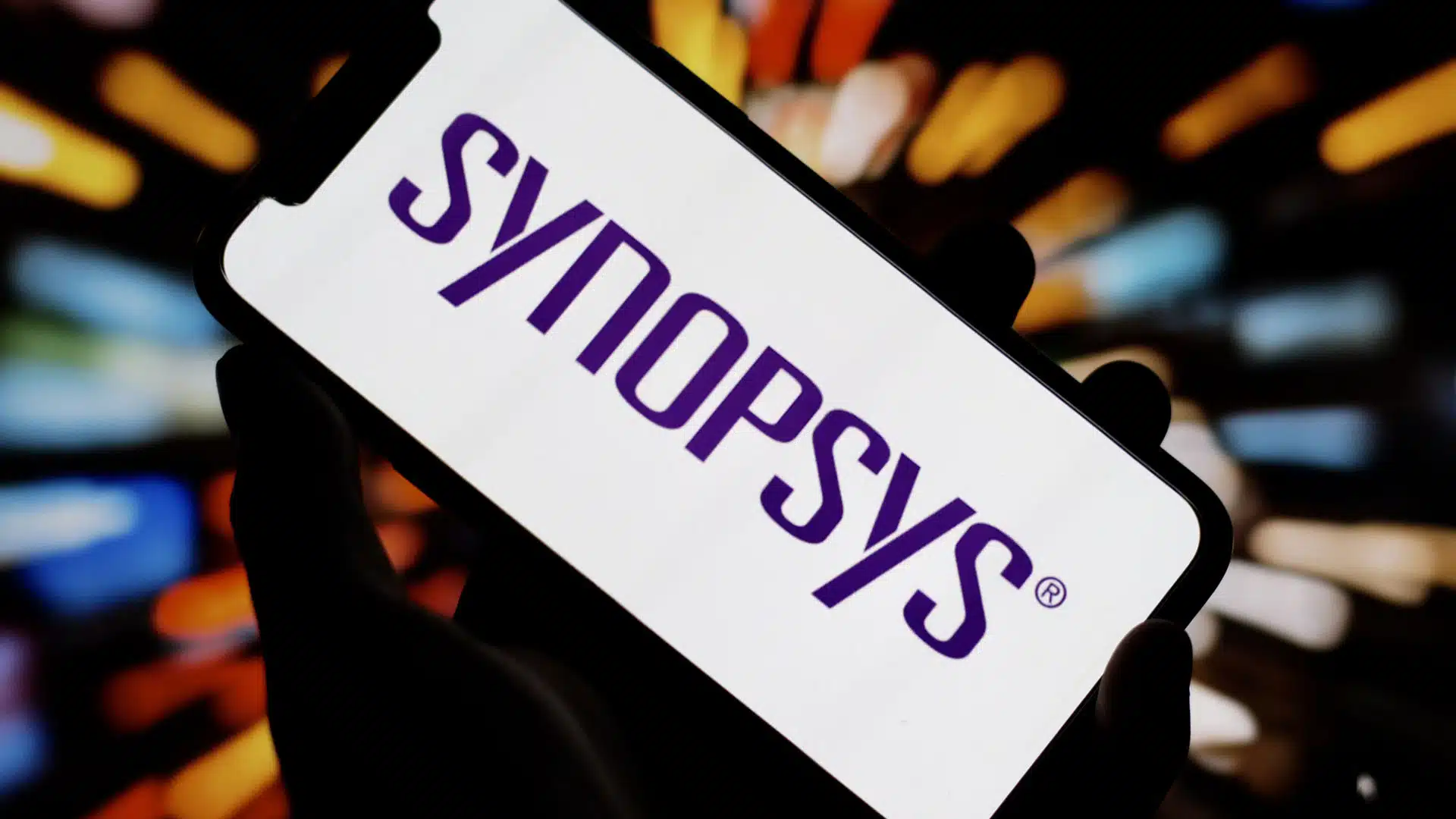One of the sectors most affected by the COVID-19 pandemic has certainly been the travel & hospitality industry. Particular pain points include how to handle large spikes in the volume of support requests during staffing shortages and how to properly staff during the quieter periods. Some of the tools being used include self-service, interactive voice response (IVR), and artificial intelligence (AI) technologies.
I recently spoke with Concentrix, a global provider of CX solutions and technologies, about current trends in the travel & hospitality space. According to Concentrix:
More technology, less agents is the main theme. How can we build in more technology with less reliance on agents so that our volume fluctuation or peaks and troughs can be handled better? This has created a rise in automation, including conversational IVR, messaging and bots that can take much of the load off the agent population and improve productivity.
Additionally, travelers want the option of self-service so they do not have to wait for an agent to answer their questions and they want the convenience of using any channel. The Concentrix Experience Platform leverages conversational AI, including natural language processing (NLP) and speech recognition. Conversational bots and virtual assistants help automate tasks, allowing for higher agent productivity. An example Concentrix provided was a scenario where bots can drive automation for a large part of the upfront data gathering or authentication that needs to happen. When traveling, an agent typically asks for name, location, and itinerary number, but these details are now automated and captured before the traveler reaches an agent. The use of this type of technology will allow for less frustrating and less time-consuming experiences for the traveler.
Content Guru, a provider of omnichannel cloud contact center solutions also pointed out that self-service technologies allow agents to take care of more complex problems and higher valued interactions. Self-service can be deployed via AI-powered chatbots or NLP within an IVR. Content Guru offers storm FLOW, an IVR service creation tool that allows an organization to control the journey of a customer throughout the platform and provide individualized and personalized experiences. According to Content Guru:
For example, organizations can personalize the journey in the IVR for customers spending $200 versus those spending $10,000. This can be done by routing the higher value customer to an agent faster, or to a more skilled agent.
The use of chatbots and IVR technologies will continue to be powerful tools for travel & hospitality companies to deploy as they seek ways to reduce operational costs, yet still provide an optimal CX for all travelers’ journeys.
Author Information
As a detail-oriented researcher, Sherril is expert at discovering, gathering and compiling industry and market data to create clear, actionable market and competitive intelligence. With deep experience in market analysis and segmentation she is a consummate collaborator with strong communication skills adept at supporting and forming relationships with cross-functional teams in all levels of organizations.
Sherril holds a Master of Business Administration in Marketing from University of Colorado, Boulder and a Bachelor of Arts in Psychology from Rutgers University.








